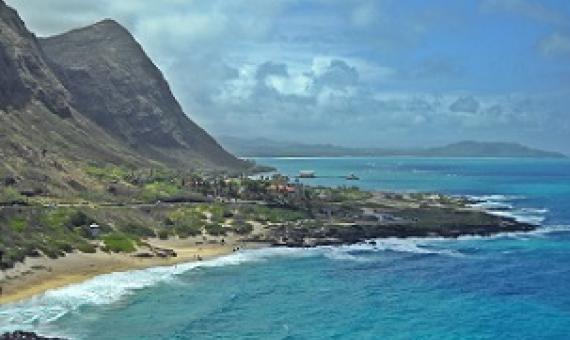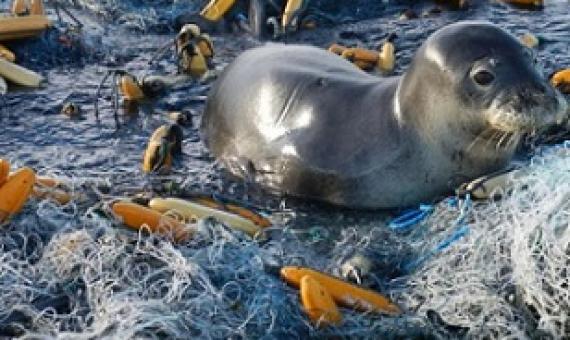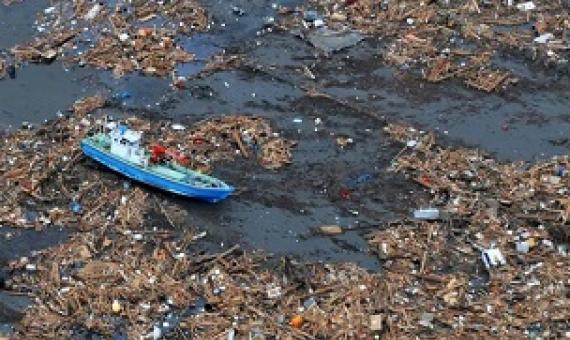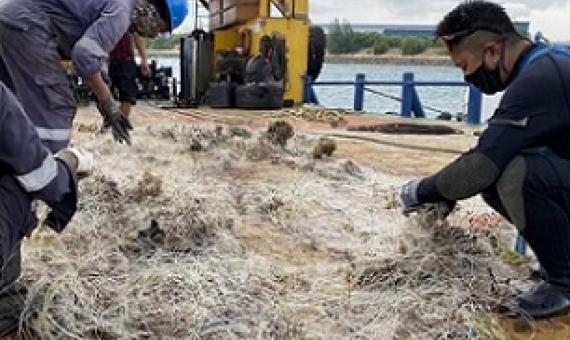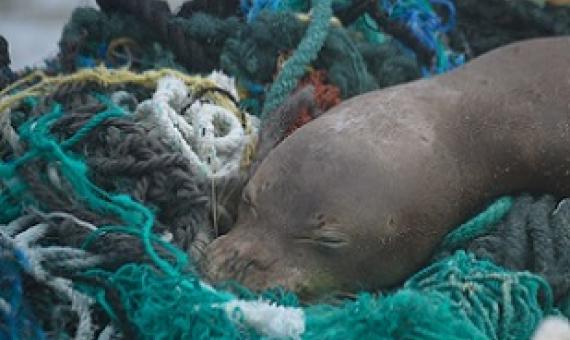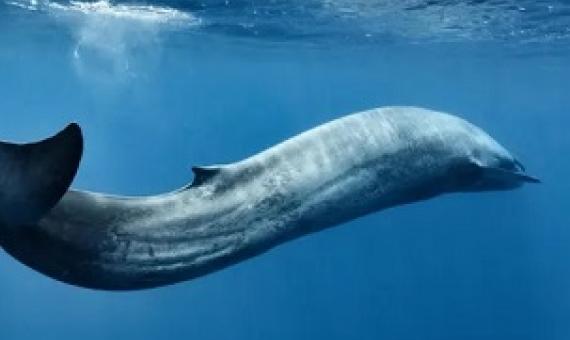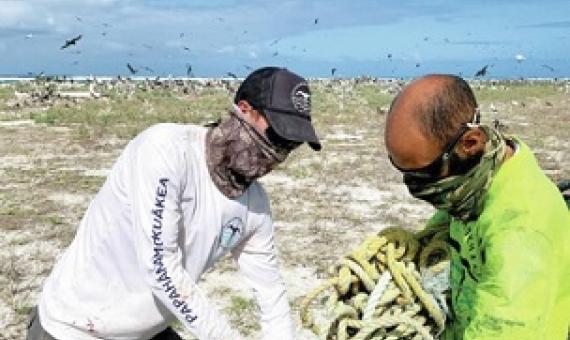Decision-science navigates trade-offs between environmental and socio-economic objectives for marine debris mitigation
Marine litter is a growing global problem that impacts biodiversity and human societies alike. South-east Asis suffers significant impacts due to high biodiversity, dense human populations, and larger volumes of plastics entering the marine environment, primarily through rivers. Call Number: [EL]Physical Description: 20 p.

